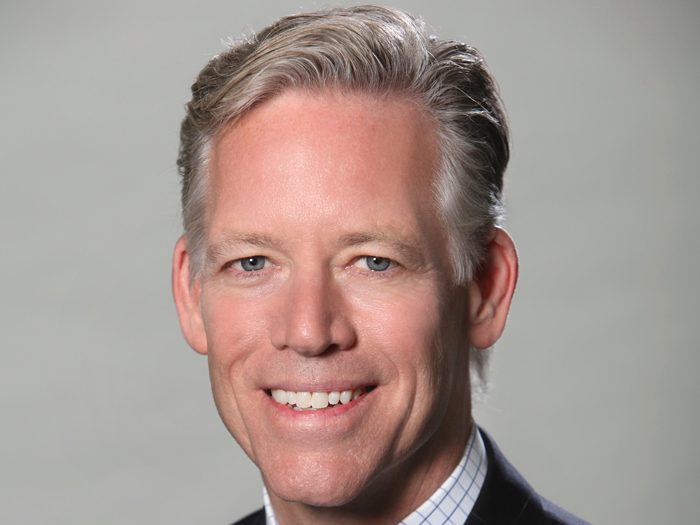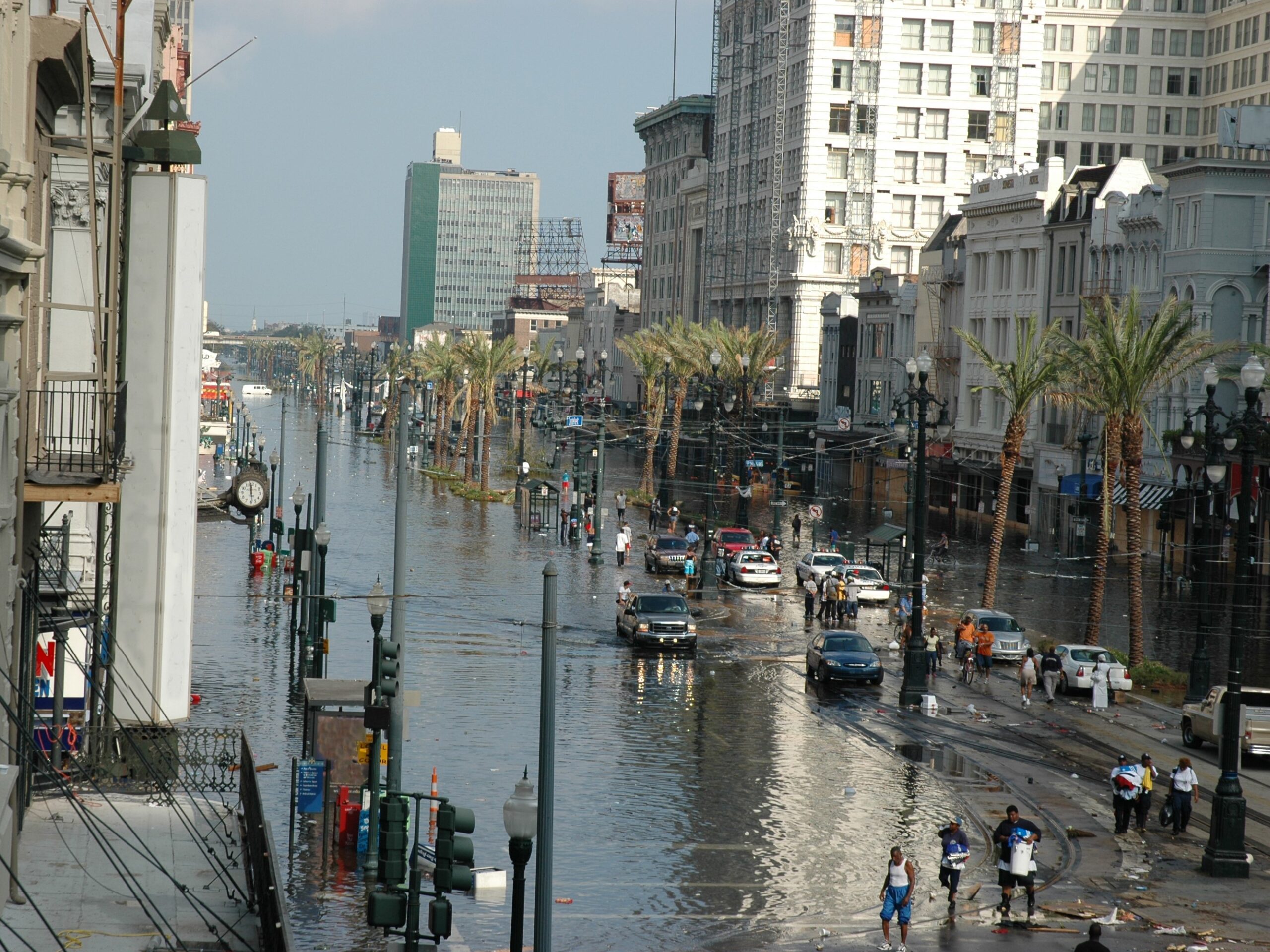Coverage Spotlight: Multinational
A Controlled Master Program is Vital for U.S. Firms Expanding Overseas

An increasing number of mid-sized U.S. companies are seizing international business opportunities, but many of them are not prepared for international business risks. As foreign regulators tighten the reins, U.S. entities must be mindful of the significant implications associated with local regulatory compliance. In this Q&A, The Hartford’s Vice President and Head of Multinational Underwriting, Alfred Bergbauer, discusses the risks and opportunities for the middle market.
R&I: What trends are you seeing in the U.S. for the middle market?
Alfred Bergbauer: Our pulse survey from the second quarter of 2017 shows that more U.S. mid-sized companies are pursuing international activities in one form or another. It runs the gamut from executive travel to opening manufacturing facilities overseas. We anticipate that these companies will only continue to increase their international activities going forward. The opportunity and, in fact, the need to expand internationally is greater than ever. Technology and globalization continue to make our world smaller, requiring companies to tap into new markets or lose risk losing out to existing and new competitors.
R&I: From a risk perspective, what do mid-sized companies need to be aware of when expanding internationally?
AB: Mid-sized companies have much to consider as they expand overseas, however, the most significant challenge involves understanding how risk needs can and should be addressed to ensure proper coverage and local regulatory compliance.
Our research suggests that 86 percent of companies with international exposures believe they have specific international insurance, but only 56 percent actually have such coverage, and only 25 percent have local policies where locally insurable exposures exist.
Technology and globalization continue to make our world smaller, requiring companies to tap into new markets or lose risk losing out to existing and new competitors.
Most mid-sized companies address their international exposure via endorsements on U.S.-based general liability policies, but these can result in significant coverage gaps and may not properly address local regulatory requirements. Inappropriately structured coverage can expose clients, brokers and carriers to potentially significant coverage gaps, fines and tax implications. As regulatory scrutiny continues to increase, and as regulatory bodies share information, it is increasingly important that mid-sized companies with international exposures operate in full compliance with local laws. Compliance is most easily achieved via the issuance of locally admitted insurance policies (policies issued by locally licensed and/or registered carriers). As such, it is important to work with insurers that understand local regulatory requirements, can coordinate locally admitted/compliant coverage solutions and customize global solutions with the client’s best interest in mind.
R&I: Aren’t global master policies meant to bridge those gaps?
AB: Coverage provided by master policies is generally not considered admitted outside of the country in which the master policy is issued. While master policies provide coverage consistency, coverage under the master should generally not be relied upon to address local country risk needs. As such, master policies should be paired with coordinated, locally issued insurance policies.
To help ensure consistent and compliant coverage, The Hartford offers customized controlled master program solutions, combining the breadth and flexibility of a master policy with coordinated, locally compliant program policies.
R&I: What is a controlled master program (CMP)?
AB: It’s a coordinated insurance program to help U.S. businesses manage and insure their risks around the globe, without having to work with local carriers directly. Our CMP consists of The Hartford’s Master Policy as the foundation, with coordinated local admitted policies issued where our clients have locally insurable exposures (generally, permanent local employees, locally registered legal entities or representatives and/or local operations).
We leverage our global network infrastructure to identify where local policies are required and then place good local standard policies in compliance with local regulations. The Hartford has local capabilities via its global carrier network partners in more than 150 countries.
Eighty-six percent of companies with international exposures believe they have specific international insurance, but only 56 percent actually have such coverage, and only 25 percent have local policies where locally insurable exposures exist.
R&I: What is “good local standard?”
AB: It refers to what would be considered competitive terms and conditions and pricing that local insurers would normally offer to local clients. In other words, we don’t just want to place any coverage, we want to provide customary, competitive local coverage which both meets the needs of clients and adheres to local regulatory requirements.
R&I: What coverages come standard in a CMP?
AB: The Hartford provides fully customizable solutions based on our clients’ unique risk exposures and needs. Generally, programs include several core covers, such as property, commercial general liability, contingent commercial auto liability, voluntary workers’ compensation, business travel accident, and kidnap, ransom and extortion. We also write equipment breakdown, transit, ocean cargo, and professional liability, among others.
R&I: What’s the benefit of having everything rolled into one program?
AB: Having all multinational coverages executed and overseen by one carrier streamlines the experience for insureds and helps ensure coverage and service consistency. They have one point of contact for questions or concerns. Underwriting, claims services and risk control services are all aligned and coordinated. Whether your risk is domestic or international, you’re going to get a consistent response and level of service.
R&I: Are there any other benefits that come with a CMP?
AB: Risk control and travel assistance services are generally included with The Hartford’s standard multinational offering for mid-sized U.S. companies. Our clients with employees abroad have 24/7 access to emergency medical and evacuation services, lost document assistance, embassy referrals, access to local attorneys, and other security services. Our risk engineering capabilities are also available to CMP insureds around the globe.
Financial strength and established reputation are also important factors. Taking on multinational risks is a big step, and businesses need an experienced carrier to help handle the complexity. The Hartford has A ratings from A.M. Best, Moody’s and S&P, and we’ve been serving clients for more than 200 years. &








